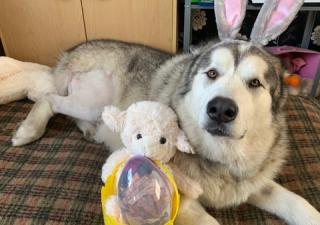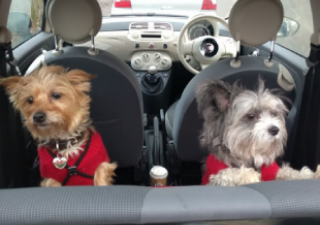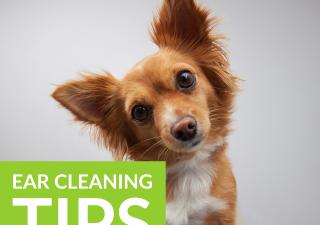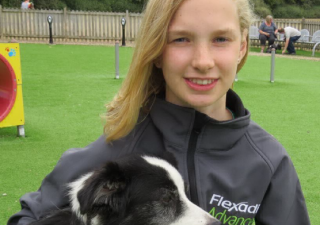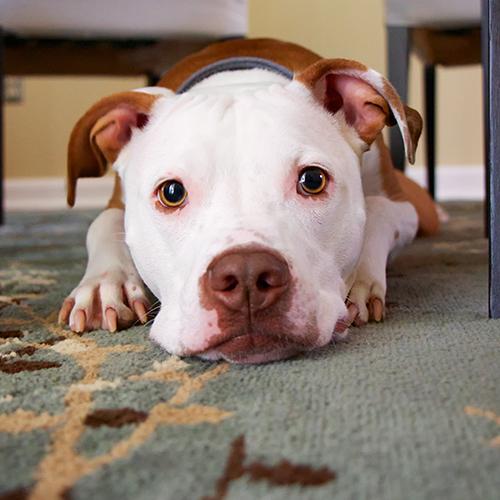
Learn all about separation anxiety in dogs
Back to overviewSeparation anxiety is fairly common in dogs; it certainly should not be taken lightly. This serious problem can manifest in several behaviours, such as destruction of objects, excessive whimpering and barking, peeing in the house, etc. Fortunately, there are simple, sensible solutions. Here are a few tips to make life easier.
A dog is not a solitary creature
Your dog is a pack animal. Solitude is not in their genes! So, being alone is not natural and can stress them. That can take the form of frenetic chewing, urinating or defecating indoors, excessive barking or digging… these behaviours mean that your dog is not comfortable being on their own!
Understanding separation anxiety
Separation anxiety may result from past trauma. For example, a dog who was at home alone on a night during fireworks will probably be afraid of them. In the long term, the fear might be associated with being alone. Therefore, any time you leave your dog alone, they may be afraid fireworks will start up and that is just one example!
Staying home alone can be taught
Your goal is not to test your dog by leaving them alone too long! You simply want to help them manage being alone, and that should start when they are very young. When they are little, let them gradually get used to your absence, start by leaving the room briefly, then coming back quickly each time. Slowly progress so your dog understands that you have not left them forever. Later, you will be able to leave home for longer periods.
Keep your cool
If you have to be away for longer, consider leaving your dog with a fun toy (such as a Kong). That might prevent them from attacking your sofas, furniture or shoes! If there is an incident, absolutely do not get angry! Your dog will not see the connection between something done a few hours ago and your current reaction.
Transform fear into a positive emotion
If your dog has separation anxiety as a result of a traumatic episode, we recommend that you face that fear with your dog. Your goal is to transform this fear into a positive experience.
Your dog will certainly make some mistakes, especially at the beginning, but don’t give up! To help your dog stay home alone, there is always Zylkene.
Tips & Tricks
- Easter is a wonderful time of year with so many chocolate Easter eggs in abundance, but make sure you do not let your pet near them.
- With Brexit deal still in negotiation and a possibility of a ‘no deal’ scenario, there are no concrete answers just yet – but to help you become more informed, here is our Q&A on what we can find so far.
- Build-up of wax and debris in your pet's ear canals can lead to discomfort and irritation. Cleaning your pet’s ears can have a lot of benefits and here are some tips to get you started!
- We had a great time catching up with Mariann Bayliss, our sponsored agility handler last week. We met her competing dog, Ila, and her 5 month old puppy Coral.

